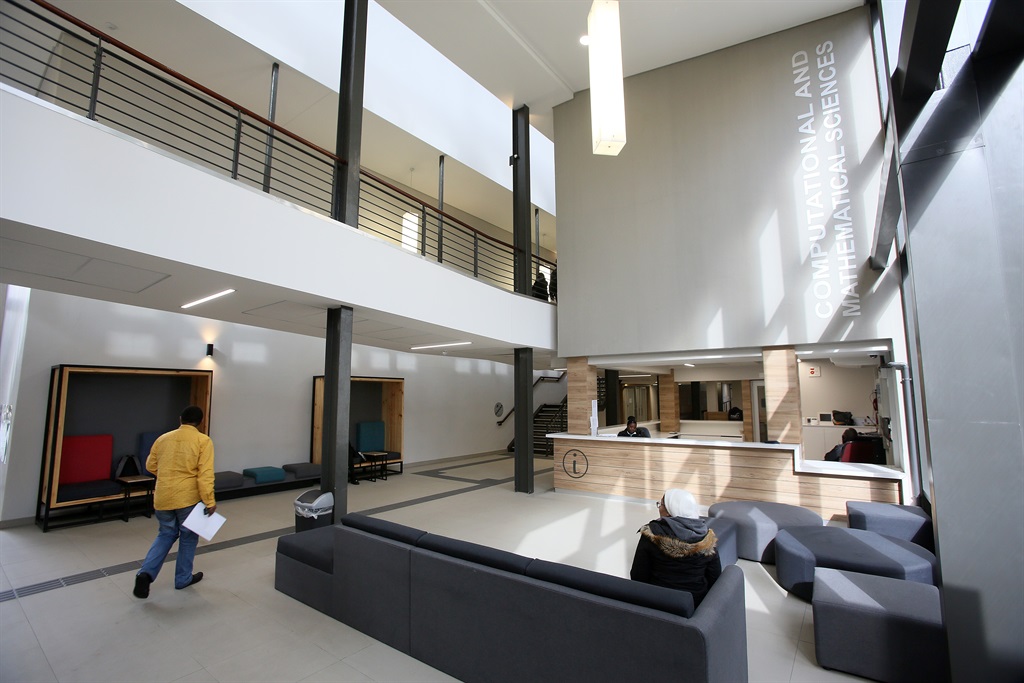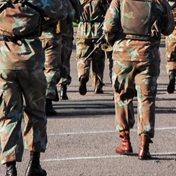
Universities have spent less money on computers, staff, transport, furniture and student accommodation in the 2017/18 financial year, mostly because of the #FeesMustFall and #OutsourcingMustFall campaigns.
A Stats SA report, released in October, states that infrastructure spend by the country’s 26 universities dropped from R6.22 billion in 2016 to R5.89 billion last year.
The report cites the University of the Witwatersrand (Wits), the University of SA (Unisa) and Walter Sisulu University (WSU) as having contributed “largely” to the decrease in spending.
“These three institutions spent less on buildings, transport equipment, office furniture and other machinery and equipment,” the report said.
But, added the report, these universities gave “different reasons” for spending less.
“Wits, for example, indicated that it had reduced capital expenditure to conserve money for increased maintenance costs. The institution would redirect any surplus cash towards its insourcing programme – the process of absorbing staff who were previously employed by third-party contractors,” the report said.
According to the report, Unisa spent less on laboratory, museum, art and audio-visual equipment than in 2016, while WSU spent less on buildings.
Other universities cited in the report – including Sol Plaatje University (SPU) in Kimberley, and the universities of Johannesburg and Limpopo – said they did not have to spend as much because projects had been completed.
The report said last year’s “biggest spenders” on fixed assets were the University of Pretoria, which spent about R738 million, followed by Stellenbosch University (SU) which spent about R588 million and the University of Mpumalanga (UMP), which spent about R518 million.
Dr Ahmed Bawa, the chief executive of Universities SA – an organisation representing the vice-chancellors of the country’s 26 universities – said the organisation was “deeply concerned” about the numbers.
“[The report] comes at a time when there should be increasing investment in infrastructure, if universities are to meet the targets set in the National Development Plan of getting to a participation rate of 18- to 24-year-olds to 30% [of the population] by 2030. The rate is now about 20%.”
Bawa said it was important to note that a large chunk of this infrastructure spend would have gone towards the repair of infrastructure damaged during #FeesMustFall and #OutsourcingMustFall protests, which cost about R800 million.
“The drop in spending of 5.4% last year is much larger than the fall of 0.7% in 2016, and it would be very important to pay significant attention to this year’s spend on infrastructure,” he said.
Bawa said that although the focus was almost always on buildings, “we must be aware that these numbers also cover teaching and research equipment”.
“Our universities are deeply committed to producing outstanding new knowledge through the research they perform. And, to produce graduates who are properly prepared for the rapidly transforming world of work, we must pay attention to ensuring that these important institutions do not fall behind in this respect,” he said.
“The spending on infrastructure is an investment in meeting both current teaching and research needs, and future needs. Not investing enough will have severe consequences in the future.”
Bawa said that with the introduction of the different versions of insourcing of staff, “there is no question that there are now new cost drivers in institutional budgeting, and there is no question that this will affect infrastructure funding”.
SU spokesperson Martin Viljoen said the institution viewed a well-planned, long-term and sustainable investment in facilities and infrastructure as a direct investment in its academic project.
“This results in a return on investment in terms of increased student numbers and/or research income, as well as an improvement in the quality of academic programmes and research projects,” he said.
University of Western Cape spokesperson Professor Cherrel Africa said a substantial investment was made in capital projects in 2016 and 2017, adding that such investments were made in infrastructure that optimised research and the teaching and learning experience for staff and students.
SPU’s special projects director, Professor Patrick Fitzgerald, said that the university, along with UMP and Sefako Makgatho Health Sciences University in Pretoria North, were new institutions and received a capital development grant from the department of higher education and training.
North-West University spokesperson Louis Jacobs said it had a plan based on enrolment targets, strategy and its annual performance plan.
“We look at how much we should invest in developments and maintenance,” he said.
“Once identified, we look at the availability of funds.”
Other universities did not respond to requests for comment.




 Publications
Publications
 Partners
Partners









